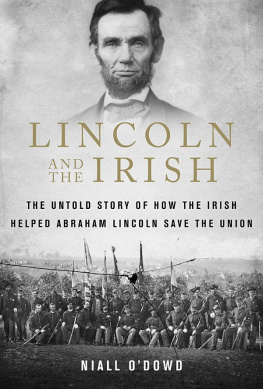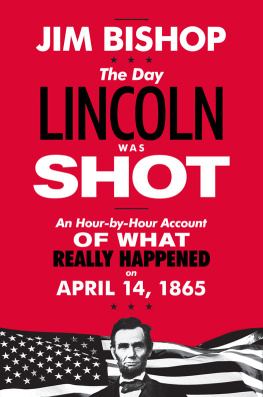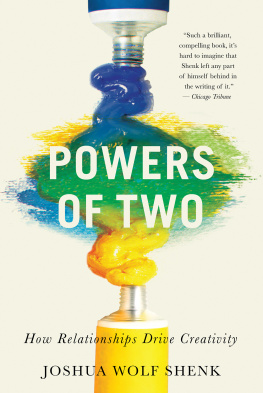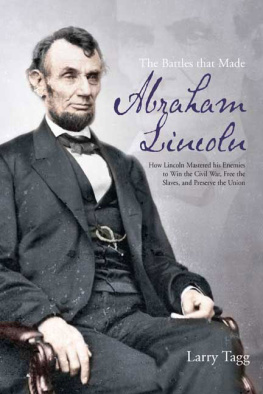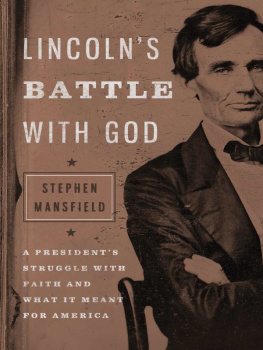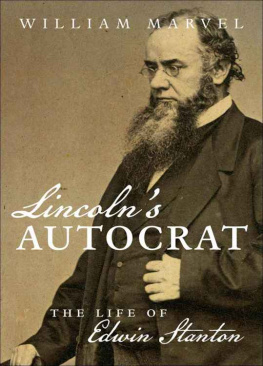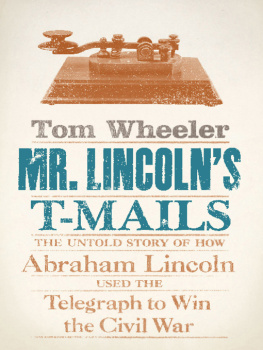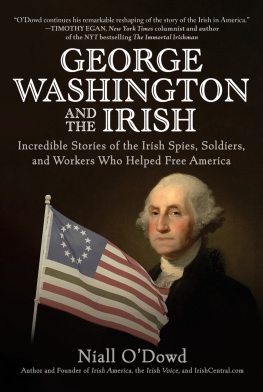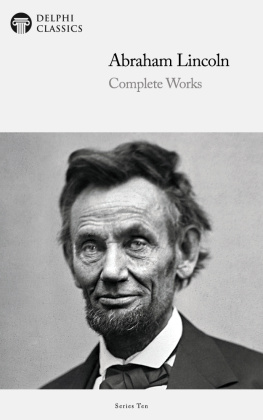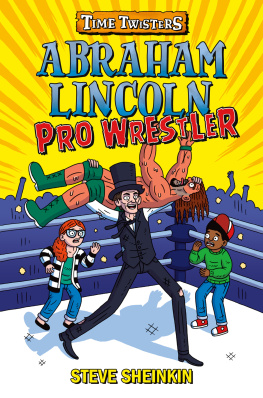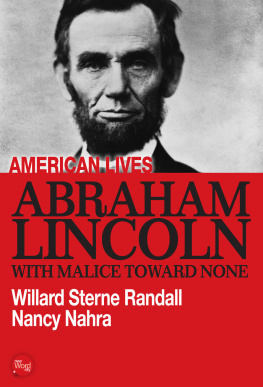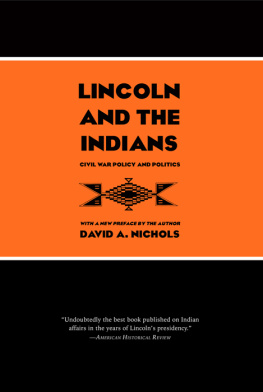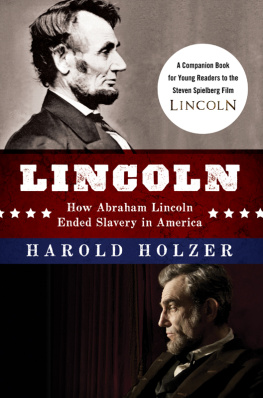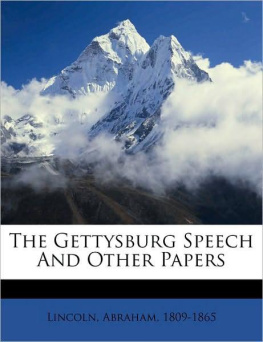

Copyright 2018 by Niall ODowd.
All rights reserved. No part of this book may be reproduced in any manner without the express written consent of the publisher, except in the case of brief excerpts in critical reviews or articles. All inquiries should be addressed to Skyhorse Publishing, 307 West 36th Street, 11th Floor, New York, NY 10018.
Skyhorse Publishing books may be purchased in bulk at special discounts for sales promotion, corporate gifts, fund-raising, or educational purposes. Special editions can also be created to specifications. For details, contact the Special Sales Department, Skyhorse Publishing, 307 West 36th Street, 11th Floor, New York, NY 10018 or info@skyhorsepublishing.com.
Skyhorse and Skyhorse Publishing are registered trademarks of Skyhorse Publishing, Inc., a Delaware corporation.
Visit our website at www.skyhorsepublishing.com.
10 9 8 7 6 5 4 3 2 1
Library of Congress Cataloging-in-Publication Data is available on file.
Cover design by Brian Peterson
ISBN: 978-1-5107-3634-4
Ebook ISBN: 978-1-5107-3635-1
Printed the United States of America
To Debbie, for all your love
ACKNOWLEDGMENTS
Let me start where it all begins, with family and friends, co-workers, editors, proofreaders, sales staff at Irish Voice, Irish Central, Irish America, and Irish Studio.
To believers, too numerous to mention.
To Dermot McEvoy, for outstanding editing and insights and introductions.
To Michael Campbell at Skyhorse, for initiative, advice, and counsel.
To 40 million Irish Americans, for a wonderful community that has always given back to me.
To Damian Shiels, whose outstanding writing about the Civil War Irish first grabbed my attention.
To Jim McManus, Civil War Irish expert, for invaluable research and information.
To Abraham Lincoln, for saving democracy.
To the Irish, for helping him.
Beir Bua Sibh Go Leir
INTRODUCTION
Write What Should Not Be Forgotten
W rite what should not be forgotten, advises Chilean American author Isabel Allende. With that in mind, I began this book about how the Irish were a huge part of Abraham Lincolns life and successes.
There have been 15,000 books written about Abraham Lincoln, more than on anyone in history, bar Jesus Christ. This is the only one that focuses specifically on the Lincoln-Irish connection. There have been many books on the Irish and the Civil War, but not specifically on Lincoln and his relationship with them.
It has been a remarkable omission.
Lincolns rise coincided with the one million famine-tossed Irish flooding to Americas shores, when the population of the US was only 23 million. 150,000 Irish fought for his Union. Without them, he would almost certainly have lost.
As the war news turned against them, the Confederates mounted desperate attempts to stop the Union from recruiting in Ireland in order to try and level the battlefield. They knew how important those Irish soldiers were.
Only in the first World War did more Irish ever fight for a cause together, and yet for too long there has been silence and minimal acknowledgment. Selective amnesia has occurred not just in America but in Ireland, about the men and women (yes, there were women) from Ireland who fought in the Civil War and supported Lincoln.
The role of the 25,000 who fought for the Confederacy has to be acknowledged too, as well as the many pro-slavery Irish clerics and their flocks.
But the Irish were everywhere in Lincolns life, and not just as warriors. They nannied his kids, comforted his distressed wife, and Irish patriot Robert Emmet informed his political passion. He sang their songs, repeated their jokes, imitated their accents, and even came within minutes of fighting a duel with an Irish political opponent, which he later admitted was one of the lowest times of his life.
Once he got to the White House, he surrounded himself with so many Irish that there were dark rumblings in writings from other staff that he was surrounded by a Hibernian clique. Lincoln paid no attention. There was deep ambivalence in the relationship at the beginning. Lincoln was a Republican, a party that had a deep anti-Irish Catholic core because of the Know-Nothing influence. At first, this did not endear many Irish to him.
The Irish were, for obvious reasons, fighting hard against the nativists, who were intent on stopping the Irish from voting by using physical violence against them. In August 1855 during the Bloody Monday Louisville riots, up to 100 Irish were killed including some who were burned alive.
But Lincoln made it clear he had no truck with the KnowNothings, and great leaders like Archbishop Hughes, General Thomas Francis Meagher, and General Michael Corcoran stood up and provided the needed leadership in their community by supporting him. Hughes ran up the Stars and Stripes over old St. Patricks Cathedral while Meagher and Corcoran recruited armies.
Ending slavery was never their most important task, as they saw it. It was safeguarding their own beleaguered community first, though Meagher and Corcoran spoke strongly against slavery. Meagher even called for all blacks to be allowed vote, heresy even among some Lincoln backers.
The Irish-black relationship included large numbers of intermarriages, and was generally far more complicated than has often been portrayed. Democrats played on fears of Irish-black miscegenation, which they lied was approved by Lincoln, to drive the Irish away from the president in the 1864 election.
There were also deep tensions with Lincolns generals, as many believed the Irish brigades were being used as cannon fodder, given their fatality rates.
Yet in the end, he plainly liked the Irish. And the Irish loved America, and resented deeply the attempt of the South to secede from it.
Unlike so many others, such as his wife and his law partner, Lincoln never spoke ill of them even in private correspondence. He had remarkably advanced views on emigration and its benefits that would shame the Know-Nothings of today.
Why is Lincoln such a fascinating topic? Perhaps because unlike Washington, to who he is most often compared, he was a man in full. Washington still feels as remote as the alabaster statue he is so often portrayed as.
Lincoln seems eternally modern; his depressions, his decidedly stormy marriage, his self-doubt, his failures, and his tragic death, coming soon after his greatest success.
But above all, there is that extraordinary vision and empathy, the ability to see what his own generals and cabinet urging compromise could not seethat the very future of democracy was on the line, that there could be no compromise on slavery. He knew that groups like the Irish were not to be despised, but brought on board in the great struggle.
He was the master mariner in waters that had never been navigated by any president, but he would need the help of the Irish and others to safely reach the shore.
Coming from a poor and underprivileged background, he understood the Irish only too well. Like him they were magnificent fighters, never better than at Gettysburg, where they played a major role in the outcome of one of the most significant battles ever.
Their story should be Americas story, but their voices only linger faintly. Their role is ignored by many contemporary historians, including Ken Burns with his landmark PBS series The Civil War . Eminent historian Gabor S. Boritt of Gettysburg College asked a key question about the Burns series: where are the voices of the immigrant soldiers (Irish, German, etc.) who made up 25 percent of the Union Army? Where indeed.
Next page
